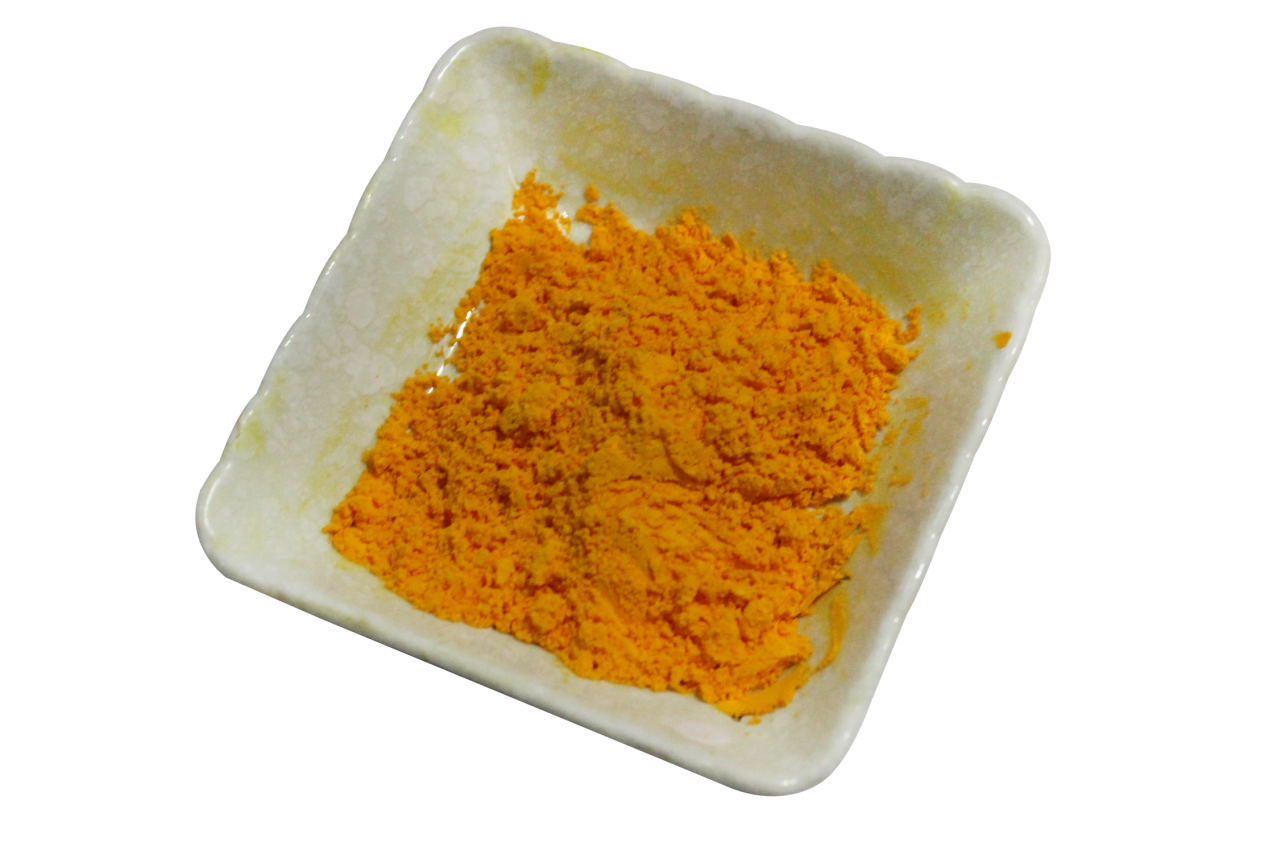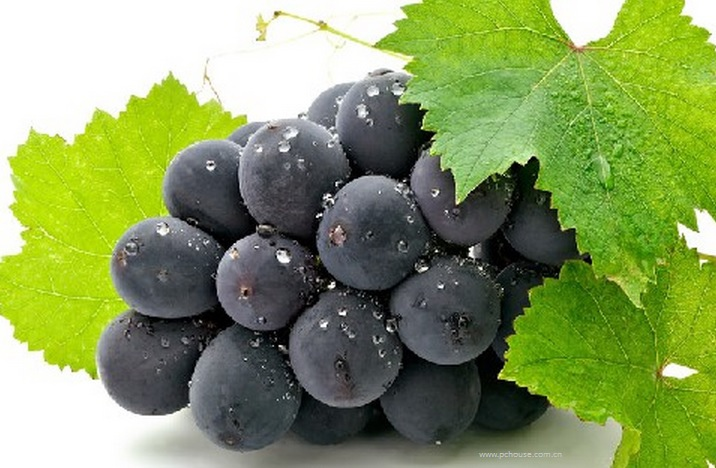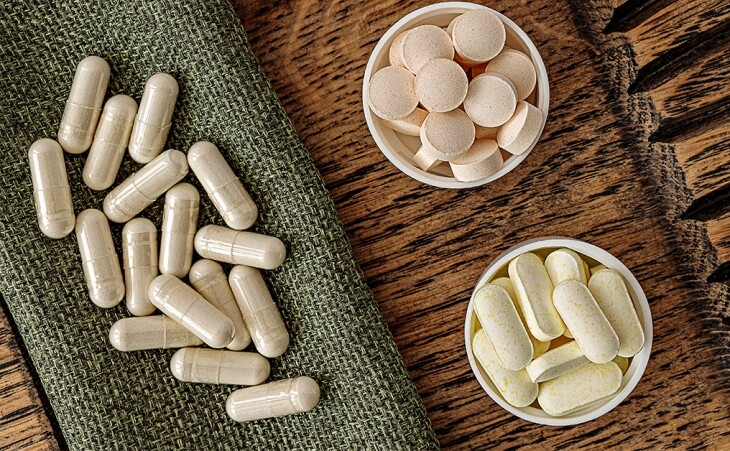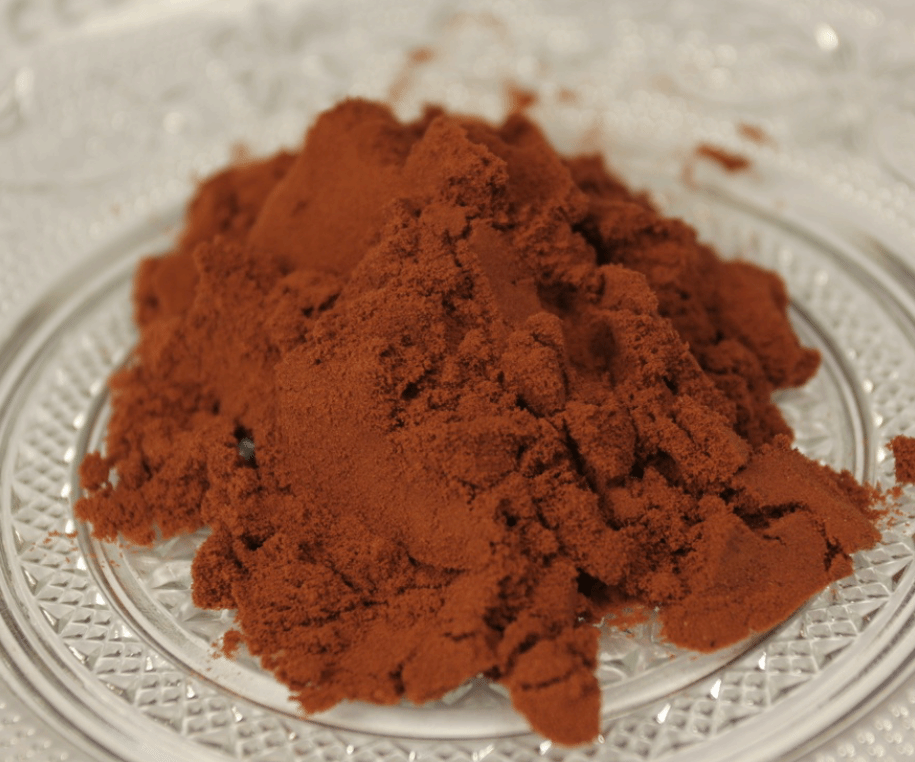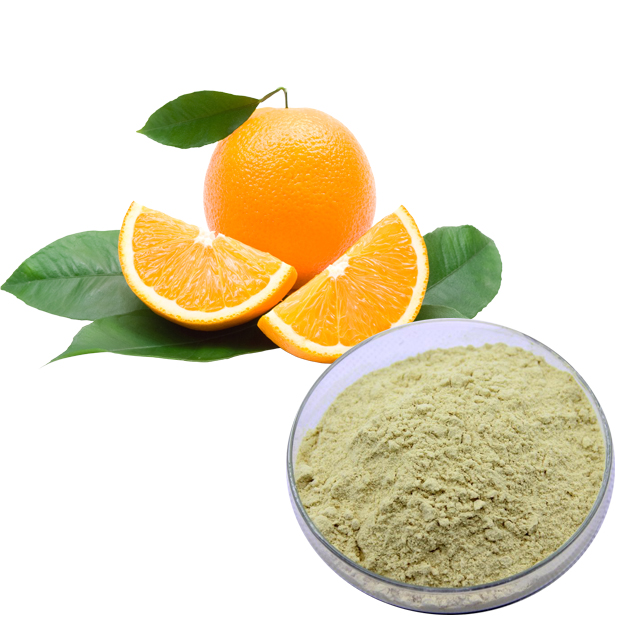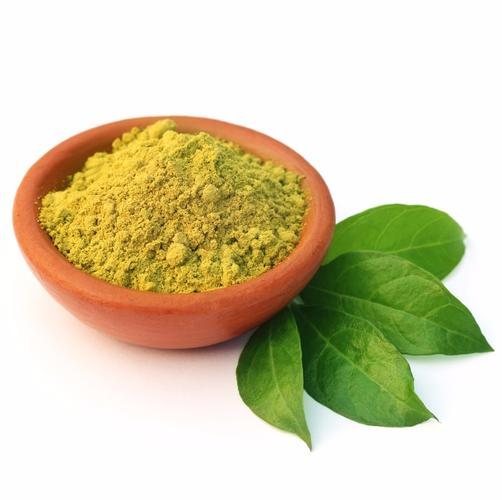The Benefits and Applications of Nuciferine
Nuciferine, an aporphine-type alkaloid extracted from the dried leaves of the lotus plant (family Nymphaeaceae), is a primary lipid-lowering active component in lotus leaves. The extraction process involves cellulase pretreatment, dilute hydrochloric acid extraction, ultrasonic-assisted extraction, and chloroform extraction. Traditional Chinese medicine classifies lotus leaves as bitter and astringent, neutral in nature, and associated with the liver, spleen, stomach, and heart meridians. They are believed to have effects such as clearing summer heat, promoting diuresis, uplifting the clear yang, cooling the blood, and stopping bleeding. Key chemical constituents of lotus leaves include nuciferine, citric acid, and oxalic acid, with nuciferine being the main component for weight loss. Pharmacological studies show that lotus leaves have diuretic, laxative, lipid-lowering, and heat-clearing effects, significantly reducing serum triglyceride and cholesterol levels and providing health benefits in regulating blood lipids. Using lotus leaves for weight loss does not require intentional dieting and has no adverse effects on the body.
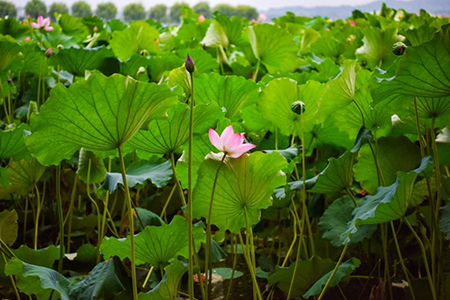
The lipid-lowering and weight-loss effects of the alkaloids in lotus leaves have long been recognized. The efficacy was noted in ancient texts such as the “Secret Essentials of Diagnosis and Treatment” (authored by Dai Yuanli of the Ming Dynasty), which mentioned that lotus leaves could “make one slim.” Modern experiments have confirmed that lotus leaves can significantly lower blood lipid levels, inhibit weight gain, and have preventive effects on cardiovascular and cerebrovascular diseases, including atherosclerosis, hyperglycemia, and hyperlipidemia. Researchers, such as Fan Tingting, have conducted both in vivo and in vitro studies on the lipid-lowering and weight-loss activity of nuciferine, demonstrating its ability to significantly reduce body weight, arterial plaque index, serum total cholesterol levels, alanine aminotransferase activity, serum triglyceride levels, aspartate aminotransferase activity, and low-density lipoprotein cholesterol levels in hyperlipidemic rats, while increasing the ratio of high-density lipoprotein cholesterol to serum total cholesterol. Total alkaloids from lotus leaves can weaken lipase activity, showing non-competitive inhibition. Due to its low cost, high safety, and adaptability, nuciferine has promising prospects in clinical applications.
Numerous experiments have shown that the alkaloid-rich extracts from lotus leaves can damage bacterial cell walls and membranes, inhibit mitosis in yeasts and bacteria, and affect energy metabolism, exhibiting both bactericidal and bacteriostatic effects. Studies on the antibacterial capacity of nuciferine have shown strong inhibitory effects on yeasts, molds, and bacteria, with stronger activity under alkaline conditions. Experiments have found that nuciferine has strong inhibitory effects on yeasts and bacteria, though its activity against molds is less pronounced. This is because nuciferine inhibits mitosis in bacteria and yeasts, and bacteria primarily reproduce through binary fission. Research shows that ethanol extracts of lotus leaves (mainly composed of nuciferine) can achieve over 95% clearance rates against Streptococcus mutans, interleukin-8 (IL-8), and IL-6. Additionally, it has been found that the minimum inhibitory concentration (MIC50) against Candida albicans, Streptococcus mutans, Pseudomonas gingivalis, and Actinomyces viscosus is ≤ 5 mg/ml, with the lowest inhibitory concentration being 0.04 mg/ml. Ethanol extracts of lotus leaves have strong inhibitory effects on Escherichia coli. Experimental results indicate that with a certain concentration of lotus leaf extract, the longer the exposure time, the higher the bacteriostatic rate. After 1 hour, the bacteriostatic rate is 86.17%, and after more than 3 hours, E. coli growth is completely inhibited, indicating that the bacterial suspension’s E. coli are completely eradicated. Thus, lotus leaf extracts exhibit highly effective bacteriostatic activity against E. coli.
Contact:James Yang
Tel/WhatsApp: +8619992603115
WeChat:19992603115
Email: sales@xabcbiotech.com



